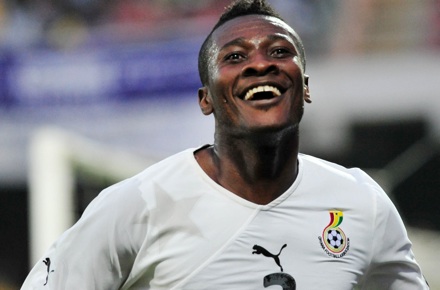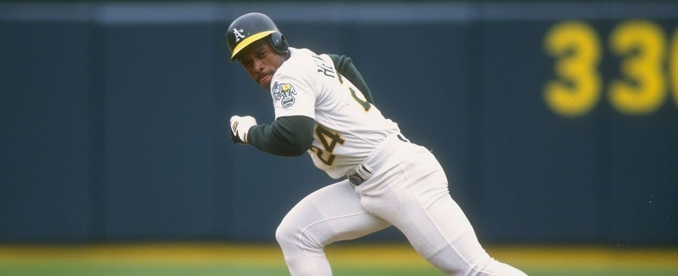Ghana star Asamoah Gyan — one more try in 2018?
Like many others, I was somehow disappointed with the performance of African teams at the World Cup.
While two of the five qualifying teams made it to the round of 16, none made it to the quarter-finals. But after the reaction of many Americans including myself to the US team’s loss to Belgium, I began to wonder whether our expectations of the African teams are fair.
For America, winning took a whole different meaning after our defeat. Tim Howard succeeded in setting a record as the goal keeper with the most saves in a single World Cup match. That too is a win even though it simultaneously sets another record as a team that allowed such a number of shots at their goalie in a single game.
Ignoring the confidence going into the match, somehow the US team became this underdog that stood up to a more superior Belgian team by making the game goalless in the first ninety minutes. That too is a win. And perhaps more importantly is the fact that there are those who believe that since Tim Howard has succeeded in making soccer the most popular sport in the US for the week; he should now take a shot at the White House.
Not only children of CNN’s Chris Cuomo have now been inspired and turned into US soccer hopefuls; mine too. In fact, my living room has now become the new soccer stadium for my two toddlers and the days of my flat screen television seem to be numbered. That too is a win.
There has to be some lessons here. Everyone can be a winner when one begins to look at things differently. We might reach a different conclusion if we just take a moment to look at the performance of the African teams from several different perspectives.
For example, is the 9.6% (calculated based on the number of teams in the Africa region, which is 52, with 5 spots reserved for the World Cup tournaments, versus, for example, 53 European qualifying contestants vying for 13 spots) probability for an African team to qualify for the World Cup fair to the region as compared with 45% for a South American team?
Does the fully funded US team with such a high morale have the same opportunity as the Ghanaian team whose two leading strikers were sent home at such a crucial time at the World Cup due to financial and other moral shortcomings?
Does such a disparity give equal opportunity to African teams to advance or win at the World Cup? Maybe, just showing up and playing for ninety minutes without an incident might as well be a win for those less organized, moderately confident and underfunded African teams.
Having to showcase talents of players on such an international stage presents recruiting opportunities by international clubs for the large pool of predominantly local players in the African teams. After all, what makes anyone to believe that Essien, Drobga or Musa will go above and beyond on the field of play knowing that a permanent injury playing for their native countries comes with a disproportionately hefty opportunity of cost?
African teams were in fact not the poorest performers at the World Cup. Of the four Asian teams that qualified, none made it to the round of 16. None of the 11 teams from the Oceania region made it to the World Cup after New Zealand, the winner of the regional qualifying matches was defeated by Mexico in a playoff. So, while we Americans continue to still believe, we can also as Africans be hopeful.
Yes, we can!







